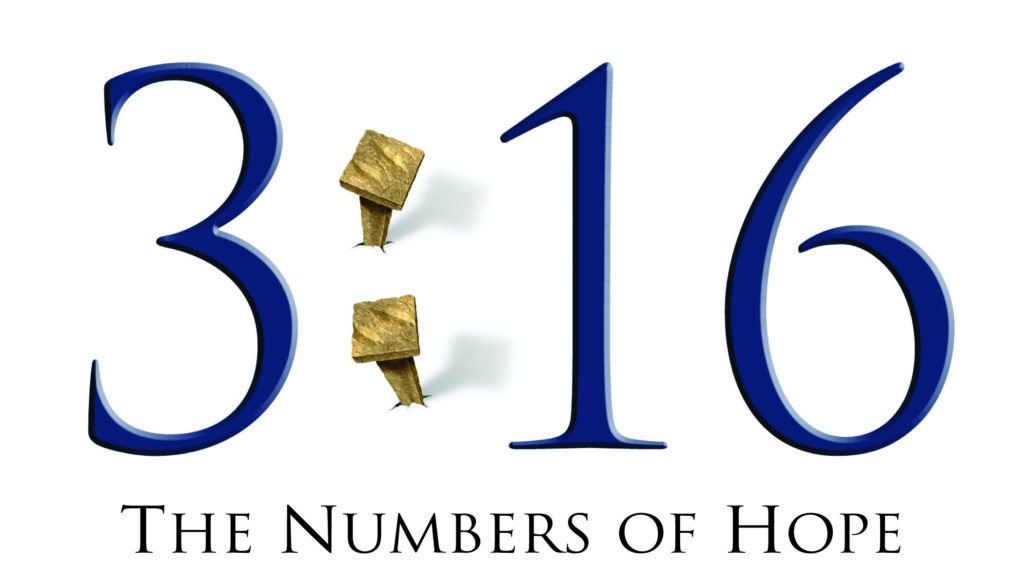Ole Hallesby’s book Prayer, first published in 1931, is full of wisdom and insights. It also contains a thought that may stop you in your tracks.
In the chapter of the Norwegian theologian’s book entitled “Problems of Prayer,” Hallesby asks, “Are our intercessions necessary as far as God is concerned and the work He would have accomplished in this world?”
In other words, why pray for God to do things in the world that God was going to do anyway?
Here is Hallesby’s answer:
“We can answer by saying, in the first place, that it is impossible for God to bring the world forward to its goal without humankind.
The attitude which we take is the vital factor in determining whether the world shall attain its goal or not. God has voluntarily bound Himself to us in HIs government of the world. From the very beginning of the history of revelation we see that God has established His kingdom only where He could find people who would voluntarily permit themselves to be used by Him.
It thus becomes evident that God has voluntarily made HImself dependent also upon our prayer. For, after all, prayer is the deciding factor in the life of all who surrender themselves to God to be used by Him.
What we do in God’s kingdom is entirely dependent on what we are. And what we are depends again upon what we receive. And what we receive, depends again upon prayer. This applies not only to the work of God in us, but also to the work of God through us.”
If you’re like me, you’ll read these words of a conservative theologian and then need to read them again. They challenge our conceptions of God’s relationship with the world and with us. This set of ideas actually makes how we live and what we live for even more significant.
Attentive and focused prayer should, consequently, be something we fervently do. It should be a habit. It will shape us and, in mysterious ways, impact the world.
I would, however, take things one step beyond Hollesby. I would urge you to make God’s earth a regular focus of your prayers.
This doesn’t happen at your typical church.
But it should.
Just as human failings and fallenness have led to unimaginable suffering throughout the centuries in people, human failings and sin have corrupted and caused unimaginable violence to the creatures and systems of God’s earth.
You and I should pray and pray hard for God’s earth and its renewal.
I recently read, for example, that surveys are finding that approximately 50 per cent of the corals at the Great Barrier reef off of the coast of Austraila have died due to rising sea temperatures, more acidic conditions in the ocean, and other factors. Because coral reefs are foundational habitat for so much marine life, the dying off of corals at the Great Barrier Reef and other places around the globe is a crisis for ocean life and ultimately for human life as well.
It’s also one more profound and tragic symptom of our spiritual dysfunction.
We should pray, too, for those whose calling in life is to use God’s earth, to steward it, to study it, and to protect it even when doing so puts their lives at risk.
The whole faith church I want to see emerge would make this kind of prayer a regular and serious part of the church community’s life.
Is prayer all we should do?
Absolutely not.
We should act.
In our everyday habits. In being part of larger changes in our community and in how our economy and government work.
And, ironically, our actions are also built on prayer.
You can see that logic in the words of Hallesby I shared earlier in this post. Elsewhere in his book, Hallesby also writes this, “Everyday Christianity cannot be practiced unless we incessantly receive into our lives that supply of spiritual power which is necessary in order to preserve within us that spirit which is willing to deny self, to serve others, to endure wrong and to let others have the last word.”
I would add that God’s Spirit can also give us boldness, tenacity, and intensity to combine with the fruits of the spirit. Does that sound paradoxical? Does that sound unlike your “ideal” Christian? Then take another look at the life of Jesus. He prayed. He asked his disciples to pray with him. And during his three years of mission, he led a dynamic, disruptive life that challenged everyone he came in contact with. He knew, too, that what he was doing was putting him on a path to the ultimate sacrifice.
Prayer is a way to be filled with God’s Spirit which will give us the power to act in the world the way God wants us to act.
Being beings of matter in a world that matters because it matters to God means that we, if we listen carefully, are called to sustain God’s earth in the way we act.
Pray today.
P.S. Do you pray for God’s earth? If so, please let me know that you do. And if you have a specific prayer that you’d like to share, please pass it along to me at wholefaithlivingearth@gmail.com.






